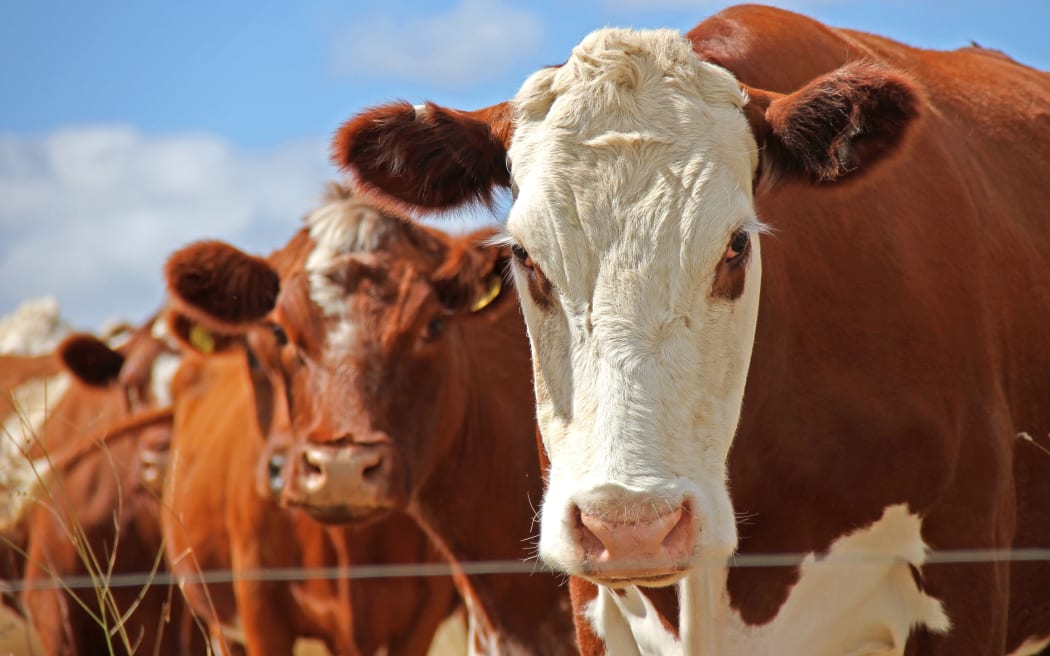Meat exporters are unfazed by a campaign to shift the world away from meat to plant protein.

New Zealand's meat exports were worth more than $6 billion last year. Photo: RNZ / Alexander Robertson
A group of 40 investment companies, managing about $1.8 trillion in assets, have launched a campaign to encourage 16 major companies including WalMart, Unilever, Nestle, Kraft Heinz, and Tesco, to change the way they source protein for their products, in an effort to reduce environmental and health risks.
The investment companies, brought together by the Farm Animal Investment Risk & Return (FAIRR) Initiative, have warned about the impact of meat production on the planet.
"The world's over reliance on factory farmed livestock to feed the growing global demand for protein is a recipe for a financial, social and environmental crisis," said Jeremy Coller, founder of the FAIRR Initiative and chief information officer of Coller Capital, one of the investment firms involved in the campaign.
New Zealand's meat exports were worth more than $6 billion last year, but the chief executive of Beef and Lamb New Zealand, Sam McIvor, was not worried by the campaign, which he said would actually offer a marketing opportunity.
The shift away from industrial-style production of feedlots common in the northern hemisphere was in contrast to New Zealand's high quality grass-fed meat, which he said was environmentally more sustainable.
Mr McIvor said, if anything, New Zealand meat was becoming more popular.
"Everywhere where there's an affluent customer is where we're getting growth, so North America is a classic example of that, and if you look at the high earners in Asia they're looking to go to a grass-fed product."
However, at least one New Zealand company is looking to challenge the traditional meat business with plant protein.
SunFed Meats has received about $1.5 million in start-up funding for a business to turn yellow peas imported from Canada into a plant-based "chicken" product.


